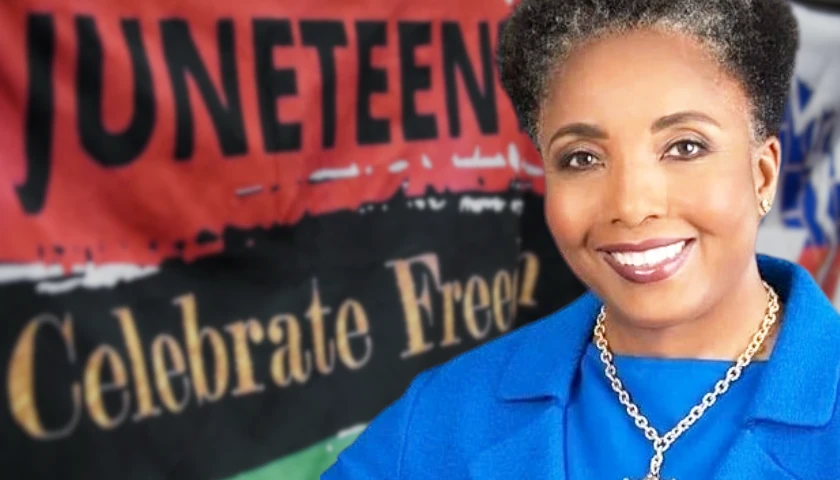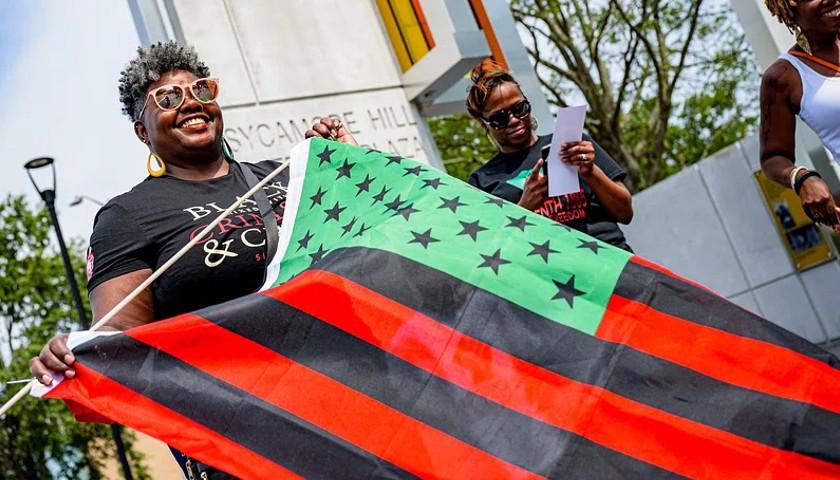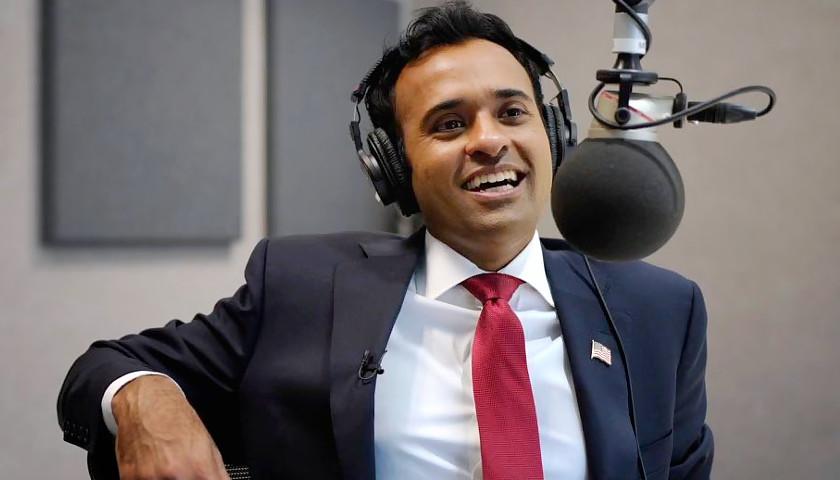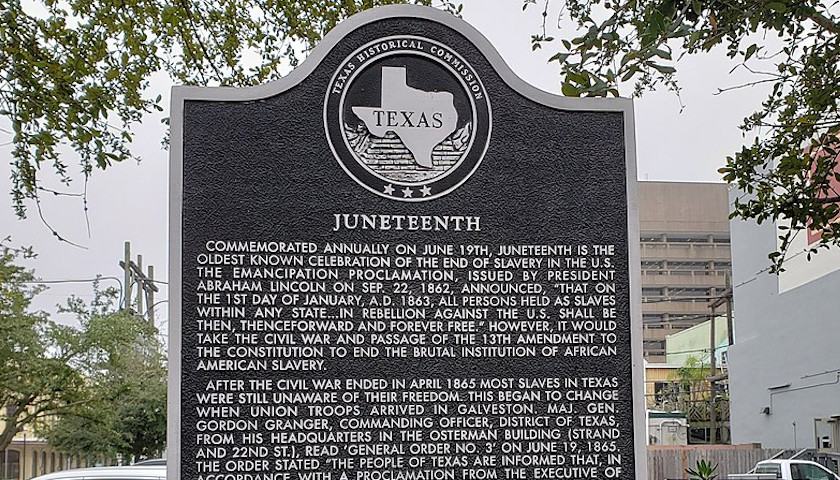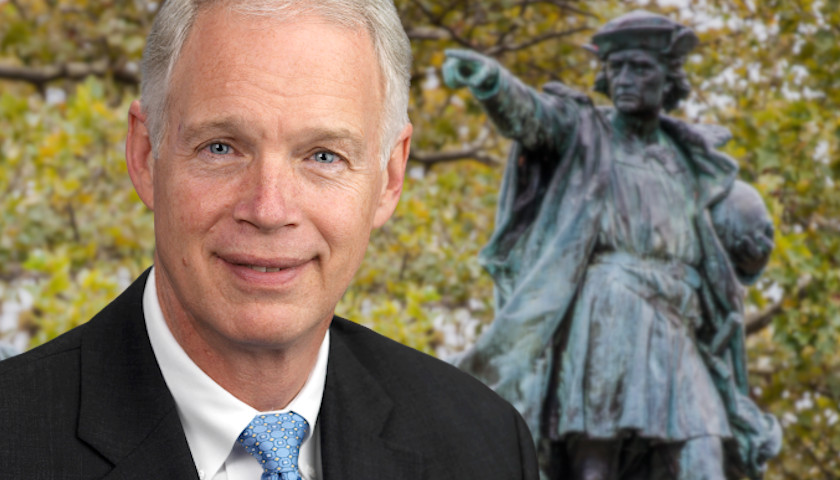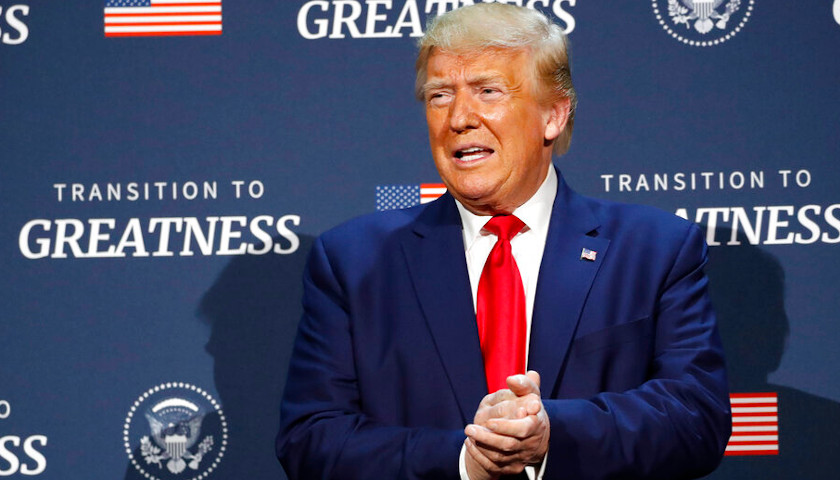How did Juneteenth, once just a regional celebration, become a federal holiday instead of the far more significant Emancipation Proclamation? The latter freed over 3 million slaves, including the ones in Galveston, Texas that didn’t know of their freedom. Let’s walk through some of the facts of the latter’s superiority over the former before grappling with the politics of our times.
President Abraham Lincoln issued The Emancipation Proclamation on January 1, 1863. It never became a federal holiday despite the wishes of some organizations. The National Association for the Advancement of Colored People (NAACP), presented a proposal in 2014 seeking to establish “A National Holiday Commemorating Emancipation of the Slaves” for the “history and story” to be “properly researched and archived for the American People. It acknowledged the importance of the document for all Americans and sought for the holiday to be celebrated on January 1 of each year as a Jubilee. The NAACP resolution was presented during the Obama Administration. It was written before the word “slaves” was swapped for “enslaved peoples.”
Read More
